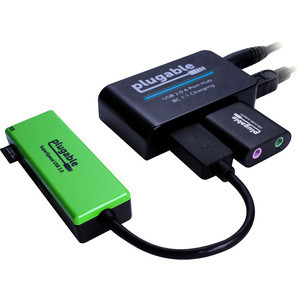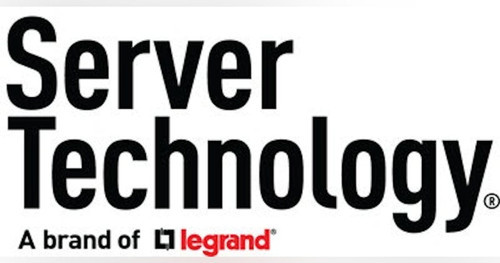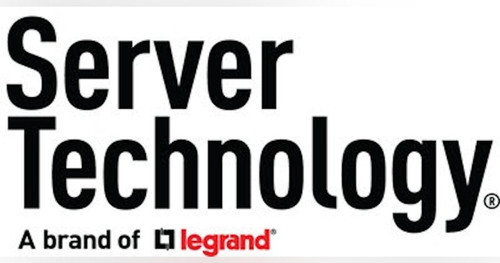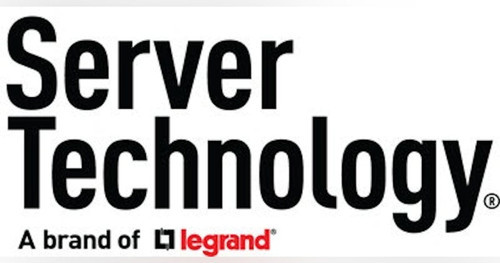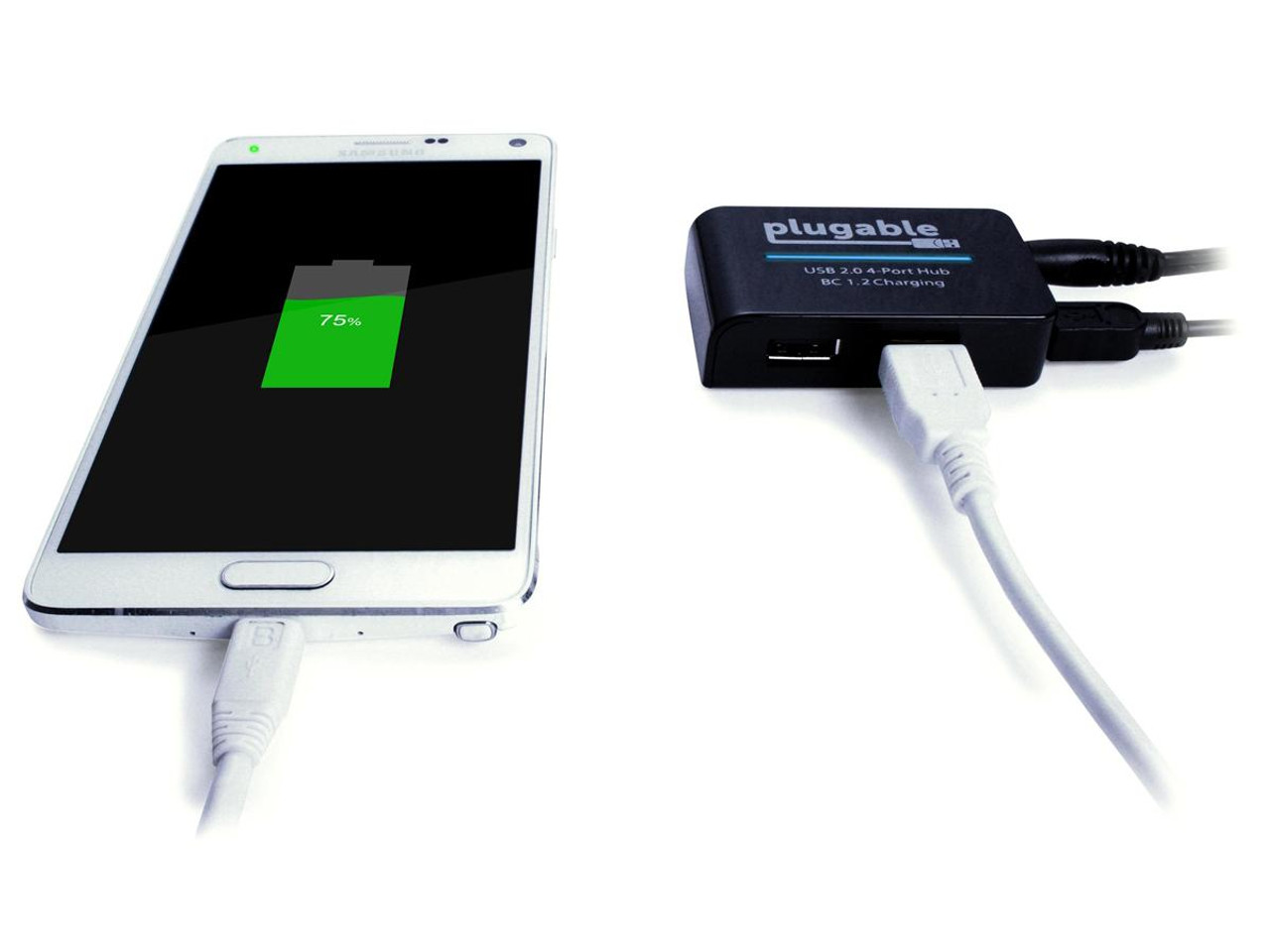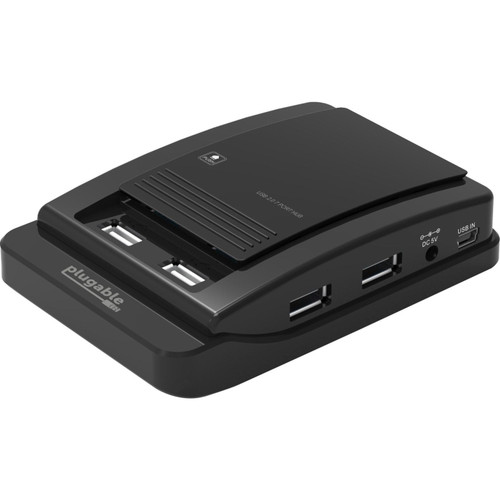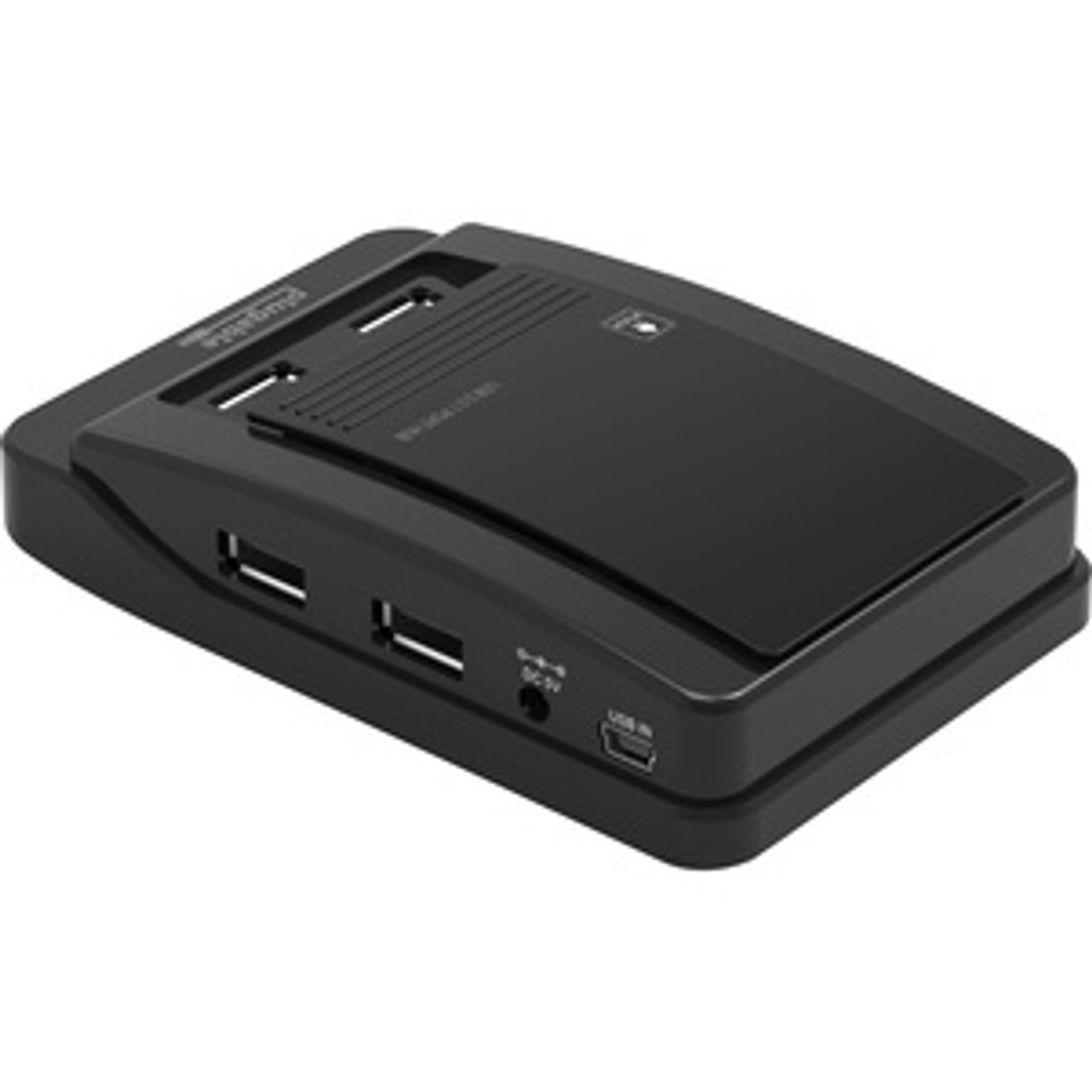- UPC:
- 649241921073
- Availability:
- 1-3+ Weeks - ETA
- Minimum Purchase:
- 5 units

Purchase Protection
Every Order is Protected By BuySafe
Our commitment to sustainability ensures that every purchase supports responsible operations and a healthier planet.
SSL Secure Payment
We make sure your orders are processed as quickly as possible - stocked products are shipped next business day - Vendor direct ship products are processed directly with vendors with vendor leadtime.
Express Shipping
Price Match Guarantee
Your payment is secure
Your privacy and security are our top priority. Our advanced encrypted payment system protects your information during every transaction.

Get expert help
Our team of experienced professionals is always ready to help.
Product Details
Charge and Sync Almost Anything
USB has become more than a way of connecting devices to a computer with plug and play ease and high performance, it has also become the method of choice to Power and charge a huge range of portable battery-powered devices like cell phones, tablets, USB battery packs, handheld game consoles, e-readers, cameras, smartwatches, fitness trackers, bicycle lights, and many more.
Some of those mobile devices have adopted proprietary mechanisms to draw more Power than USB was originally designed to allow which has caused confusion about charging but is now being solved by the USB-IF (USB Implementers Forum) Battery Charging (BC) standard.
The Plugable USB 2.0 4-Port Hub (USB2-HUB4BC) does everything existing USB hubs do, plus has support for the Battery Charging standard. So it's a no-compromise solution for both gaining extra USB ports, and for charging the newer generation of BC standard compliant devices. When a compliant device is attached it can charge at a faster rate (up to 1.5A vs 500mA of a standard port).
USB Battery Charging
Since the Hub conforms to the USB Battery Charging specification, nearly any modern device will charge when connected. If the Hub is connected to a host computer, you can also transfer photos or other files on the device to your computer.
Incompatible devices include early generation iPads and iPhones that don't use the Lightning connector, some older Android phones, and some of the larger Windows tablets. All of these devices require proprietary signaling and need a special charger.
USB 2.0 Connectivity
For basic USB connectivity, this Hub works well with most devices. USB 2.0 has been the standard for device connections for quite a few years, so there are generally no surprises with a USB 2.0 hub.
Even USB 3.0 devices work on this Hub because of backward compatibility. However, they will be limited to the USB 2.0 maximum of 480Mbps.
Size
The Hub body measures 2.5in x 1.5in x 0.75in, plus the external Power Adapter.
The Power Adapter is not required for basic, low current, non-charging USB connectivity (up to 100mA per port), but we recommend using it for most situations.
Raspberry Pi
The Hub pairs well with a Raspberry Pi because of its diminutive size. In the snake-eating-tail configuration, this Hub can provide 3 extra ports, and simultaneously Power the Pi.
Compatibility
- USB 2.0 has been ubiquitous for many years, nearly every operating system supports hosting USB 2.0 hubs
- Common exceptions to this are some Android tablets using an OTG cable, and car stereos, which do not support USB hubs
Shipping & Return
Return Policy
You need to have a Return Authorization (RA) number before returning any products to HSSL Technologies.
For a hard copy of this form and a shipping label, please include your request in the form below.
You can also request an RA online by submitting an RA Request via email. Once you have provided HSSL Technologies with the appropriate information, we will contact you with an assigned RA number.
Defective or DOA Products
DOA or defective products are returned for REPLACEMENT ONLY with the same product/model. Deviations from this policy may result in a 20% Returns Processing Service Charge.
- Defective products must be in the original factory carton with all original packing materials.
- The Return Authorization number must be on the shipping label, not the carton. Please do not write on the carton.
- Returns must be shipped freight prepaid. Products received freight collect, without an RA number, or not approved for return will be refused.
- Return Authorization numbers are valid for fourteen (14) days only. Products returned after expiration will be refused.
- HSSL credits are based on the purchase price or current price, whichever is lower.
General Return Terms
You may return most new, unopened items within 30 days of delivery for a full refund. We will also pay return shipping costs if the return is a result of our error (e.g., you received an incorrect or defective item).
You should expect to receive your refund within approximately six weeks of giving your package to the return shipper. This period includes:
- 5–10 business days for us to receive your return from the shipper
- 3–5 business days for us to process your return
- 5–10 business days for your bank to process the refund
If you need to return an item, please Contact Us with your order number and product details. We will respond quickly with instructions for returning items from your order.
Shipping Policy
We can ship to virtually any address in the world. Note that there are restrictions on some products, and certain products cannot be shipped to international destinations.
When you place an order, we will estimate shipping and delivery dates based on the availability of your items and the shipping options you select. Depending on the provider, estimated shipping dates may appear on the shipping quotes page.
Please also note that shipping rates for many items are weight-based. The weight of each item can be found on its product detail page. To reflect the policies of the shipping companies we use, all weights will be rounded up to the next full pound.
Has my order shipped?
Click the "My Account" link at the top right hand side of our site to check your orders status.
How do I change quantities or cancel an item in my order?
Click the "My Account" link at the top right hand side of our site to view orders you have placed. Then click the "Change quantities / cancel orders" link to find and edit your order. Please note that once an order has begun processing or has shipped, the order is no longer editable.
How do I track my order?
Click the "My Account" link at the top right hand side of our site to track your order.
My order never arrived.
Click the "My Account" link at the top right hand side of our site to track your order status. Be sure that all of the items in your order have shipped already. If you order displays your Package Tracking Numbers, check with the shipper to confirm that your packages were delivered. If your packages each show a status of "delivered", please contact customer service for assistance.
An item is missing from my shipment.
Click the "My Account" link at the top right hand side of our site to track your order status. Be sure that all of the items in your order have shipped already. If you order displays your Package Tracking Numbers, check with the shipper to confirm that your packages were delivered. If your packages each show a status of "delivered", please contact customer service for assistance.
My product is missing parts.
Click the "My Account" link at the top right hand side of our site to track your order status. Be sure that all of the items in your order have shipped already. If you order displays your Package Tracking Numbers, check with the shipper to confirm that your packages were delivered. If your packages each show a status of "delivered", please contact customer service for assistance.
When will my backorder arrive?
Backordered items are those which our suppliers are unable to predict when they will have more in stock, but as soon as they do, we will be able to ship the item to you.
Warranty
Why Choose HSSL?
We connect businesses with the right technology solutions to power growth, security, and efficiency.

Expertise
Backed by years of industry knowledge, our specialists understand the challenges modern businesses face.

Partnerships
We collaborate with top-tier technology providers to bring you innovative & high-performance products.

End-to-End Support
Our dedicated support ensures your systems stay optimized, secure, and ready for what’s next.

Scalable Solutions
Our adaptive approach ensures your IT infrastructure evolves seamlessly as your business expands.
Expert in IT & Security Solutions
At HSSL, we specialize in delivering cutting-edge IT infrastructure, cloud, and cybersecurity services that empower businesses to thrive in a digital-first world. Our trusted professionals provide reliable insights on:
-
Digital Transformation Strategy
Empowering businesses to adapt and grow through modern, secure, and scalable digital infrastructure.
-
Advanced Cybersecurity
Protecting your organization from digital threats with proactive monitoring and smart security frameworks.
-
Cloud & Infrastructure Management
Optimizing cloud performance and IT operations for seamless scalability and improved business agility.
-
Data Backup & Recovery
Ensuring business continuity through secure data management, automated backups, and rapid recovery solutions.
-
Network & Endpoint Solutions
Delivering secure, high-performance networking systems that keep your business connected and efficient.
-
Technology Consulting
Guiding organizations toward smarter IT investments and solutions that align with their long-term goals.



